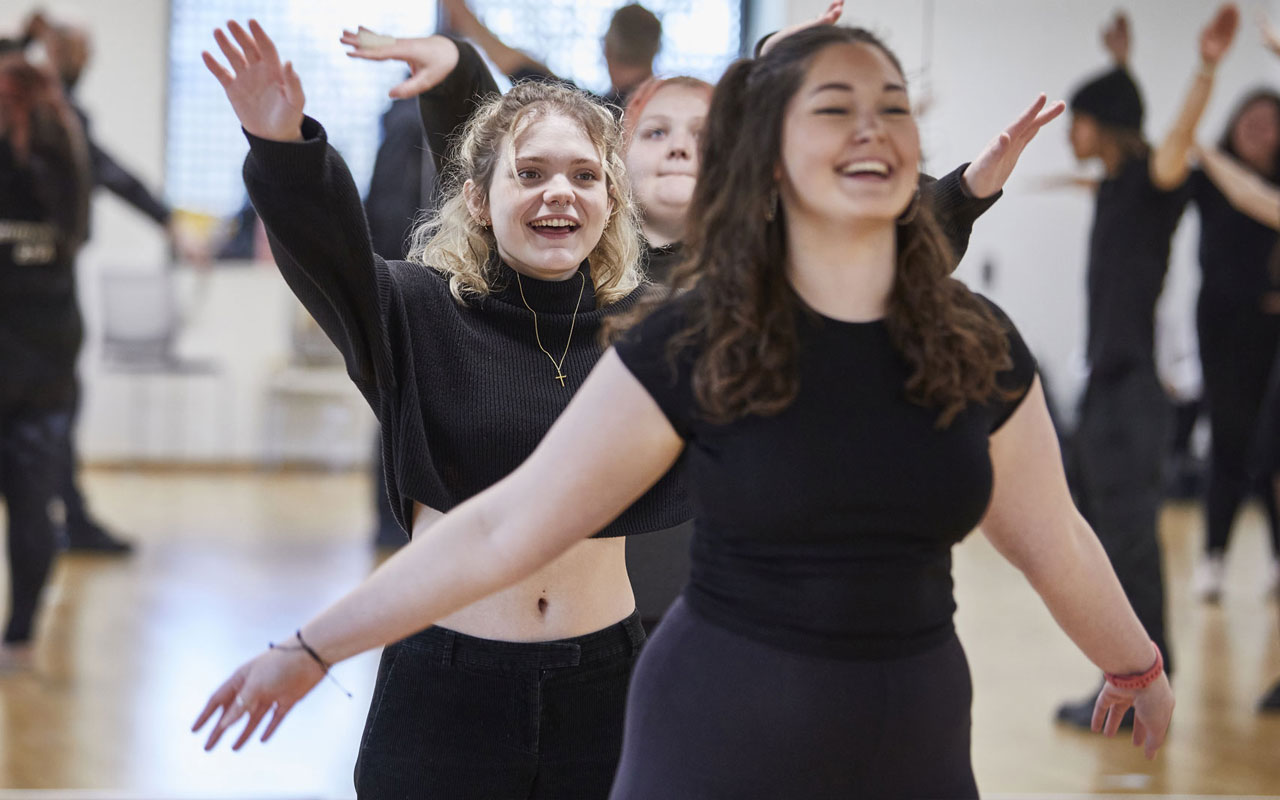

Previous week



If you need to attend an interview, submit a portfolio, or audition as part of the application process for your course, we've got some some great tips for you!

Depending on the course you’re applying for, you may need to produce a portfolio of work or attend an interview with your chosen university. Course leaders want to see if you have an interest in the subject and have the potential to complete the course – interviews and portfolios help them to do this. You’ll also have the opportunity to have any of your questions answered to help you decide if the university is right for you.
Be prepared
Do your research. Understand the course/university and what you can bring to the table, as well as what you can get from it. How is it relevant to your aspirations and interests?
Get there early
Aim to arrive with plenty of time to spare, and allow extra time for traffic. You can then use these extra minutes to relax and get ready for the interview.
Practice
Have a go at a mock interview with a tutor or your careers advisers - they should be able to get you well prepared! Also, become familiar with your answers without having to learn them off by heart as you could come across as robotic. The interviewer is trying to gain an insight into your personality to make sure that you’re a good fit for their course.
Review your personal statement beforehand
Lots of the questions the interviewers will ask you will relate back to your personal statement. Make sure you know it inside out so you can refer back to sections and provide more detailed information when they ask.
Bring a list of questions
Being prepared with a list of questions not only helps provide you with more detailed information, but also helps the interviewer understand your passion and interest in the subject and university. Example questions for them could include:
Most universities will help you prepare for your interview by sending you the questions beforehand. But as we mentioned above, be prepared. We've listed some potential questions below:
Make sure you’re presentable for the interview but remember they’re not going to judge you on your outfit choice. Wear something smart-casual that you feel comfortable and confident in, even if the interview is online via Skype or Zoom.
Places on music and performance courses are often very competitive and auditions are held to ensure students are right for the course.
Auditions could involve preparing monologues to recite, as well as musical performances. Each university will have different audition methods and will send you full details beforehand. Remember the following when it comes to your audition day:
Creative courses often ask to see a portfolio as part of the application process which is the perfect opportunity to showcase your personality and creative talent.
We’ve included some portfolio tips below to help you prepare:
Tailor your portfolio to the course you’re applying for. Course tutors have a limited amount of time to go through each portfolio - showcase your best work so it stands out.


Previous week

We'll keep you updated with all the latest news from Southampton Solent University and your area of interest.


Upcoming week

